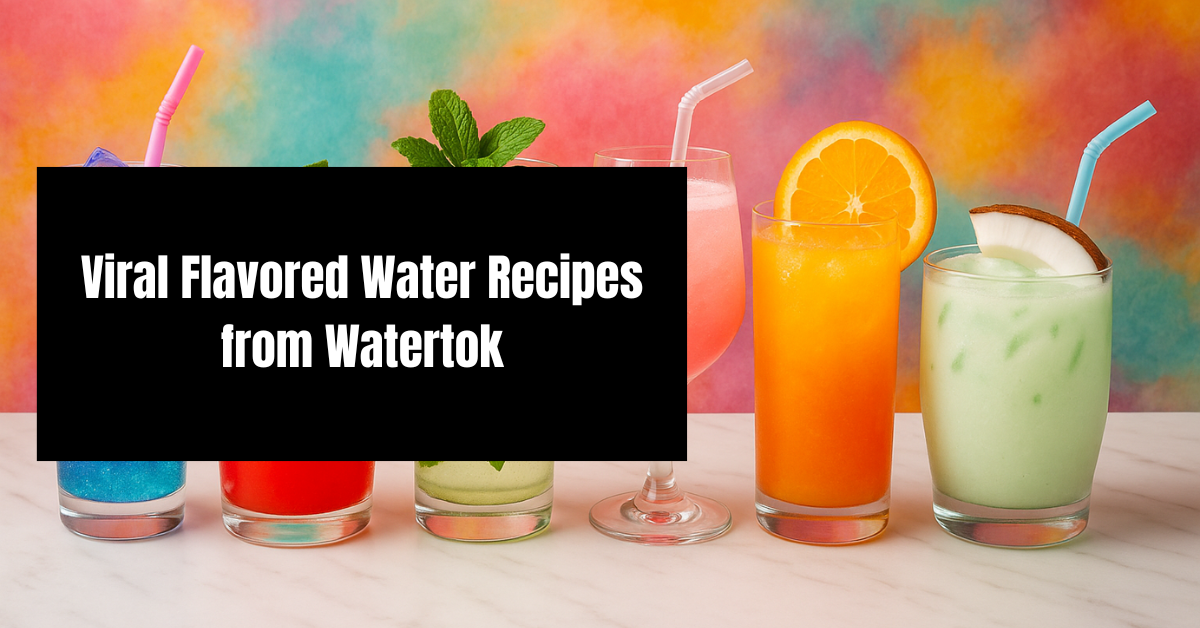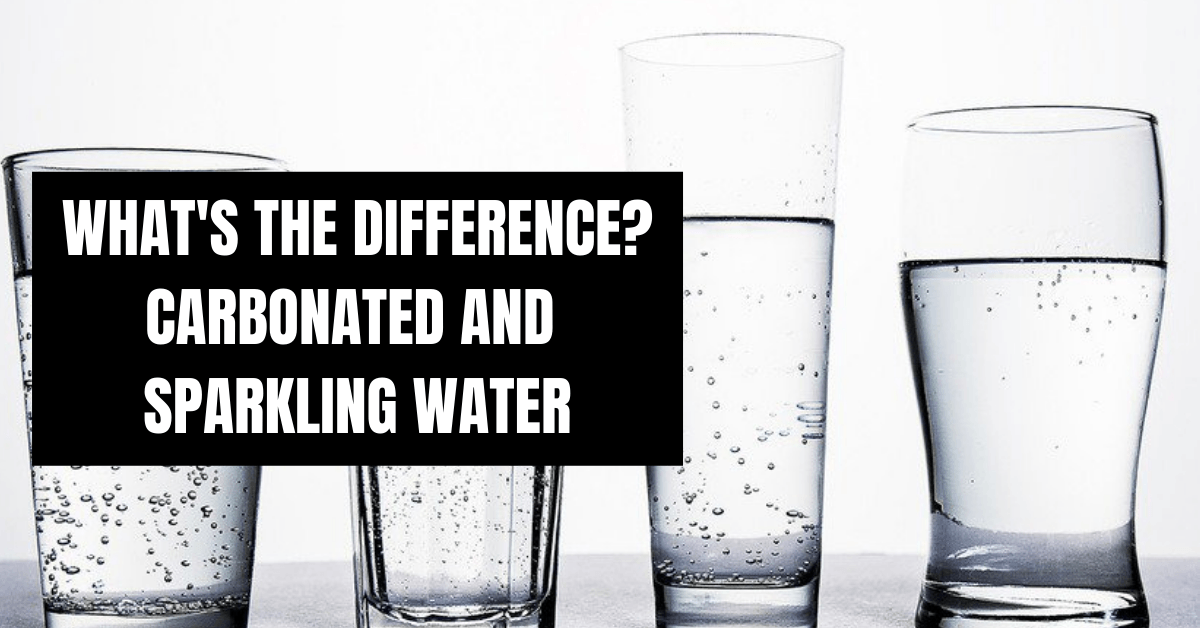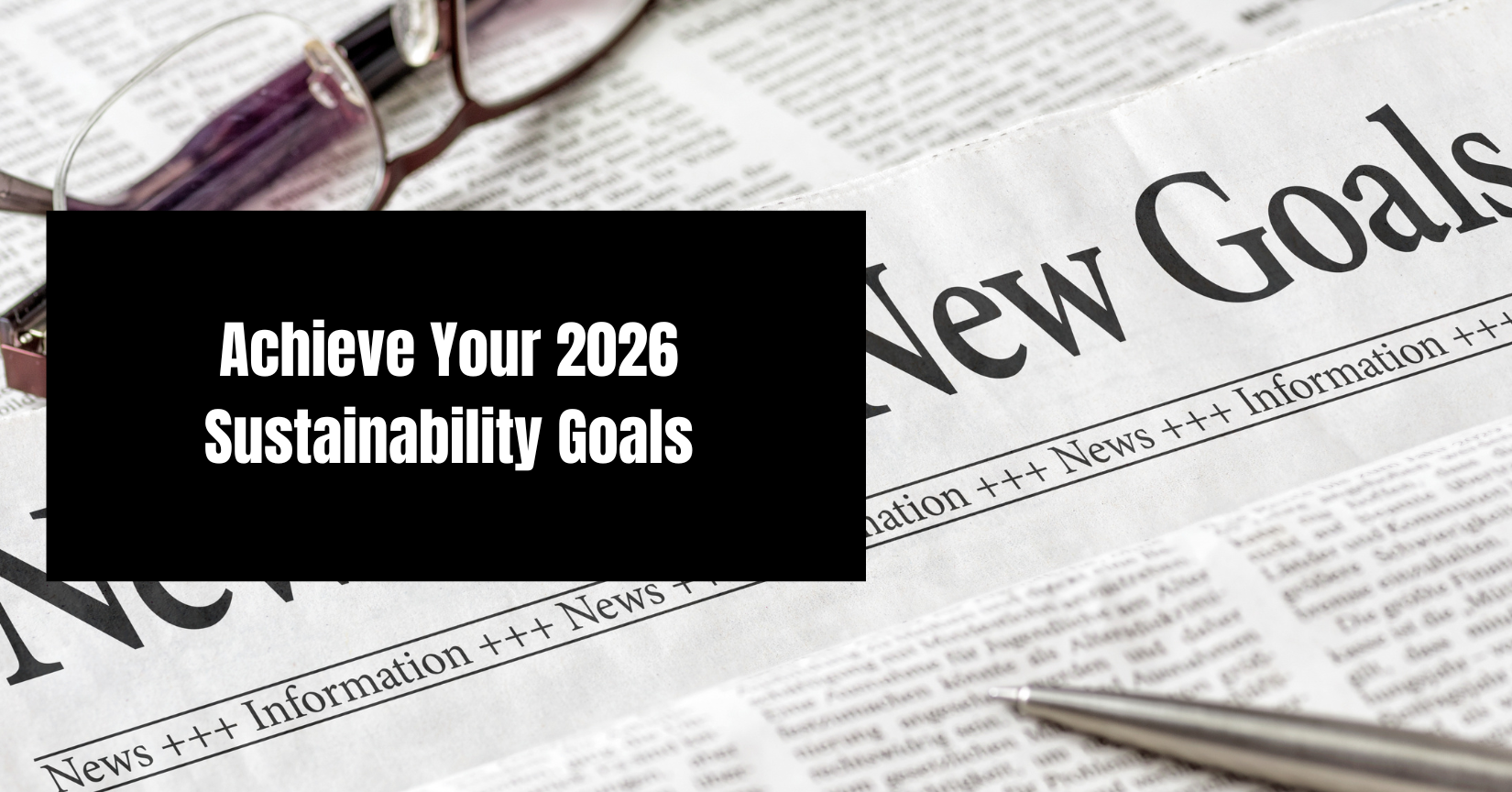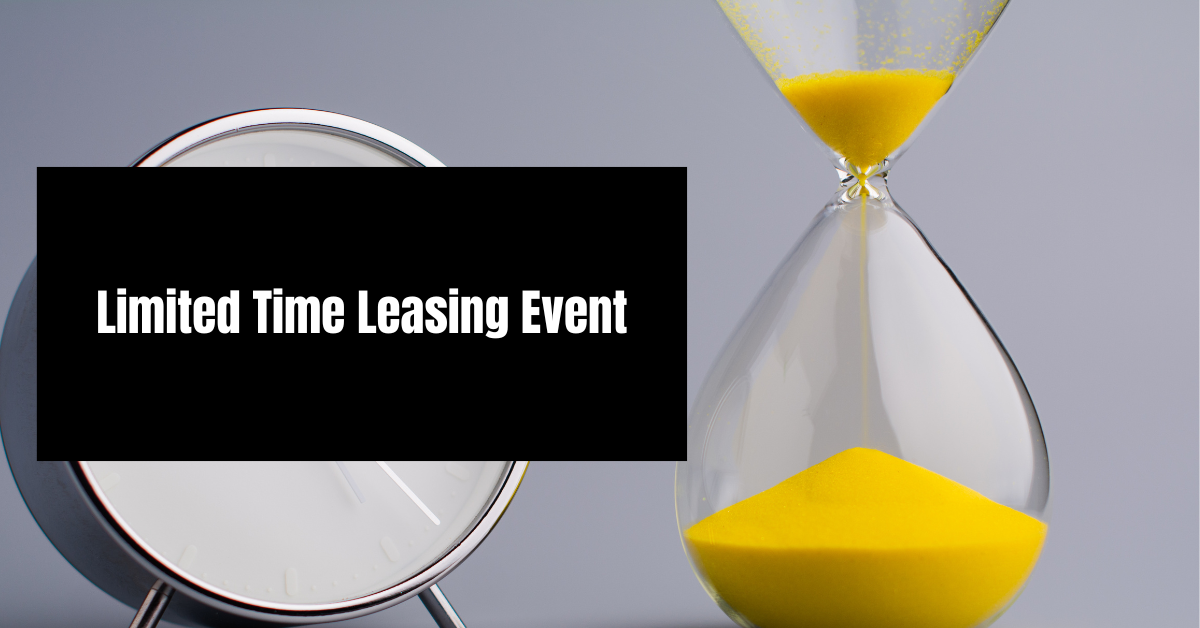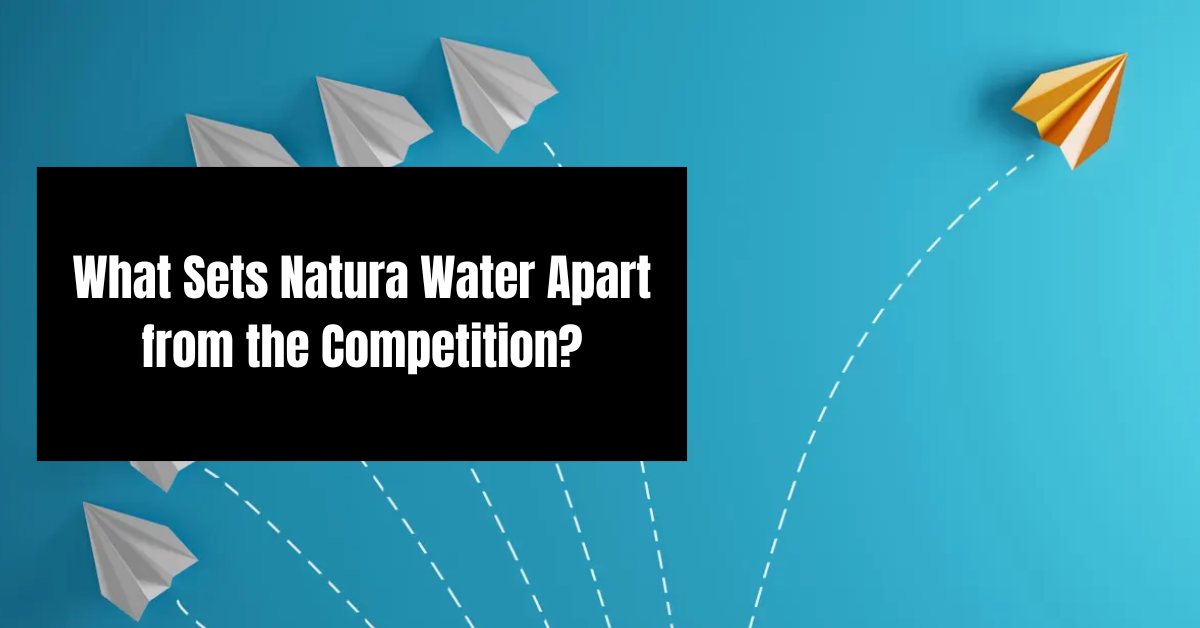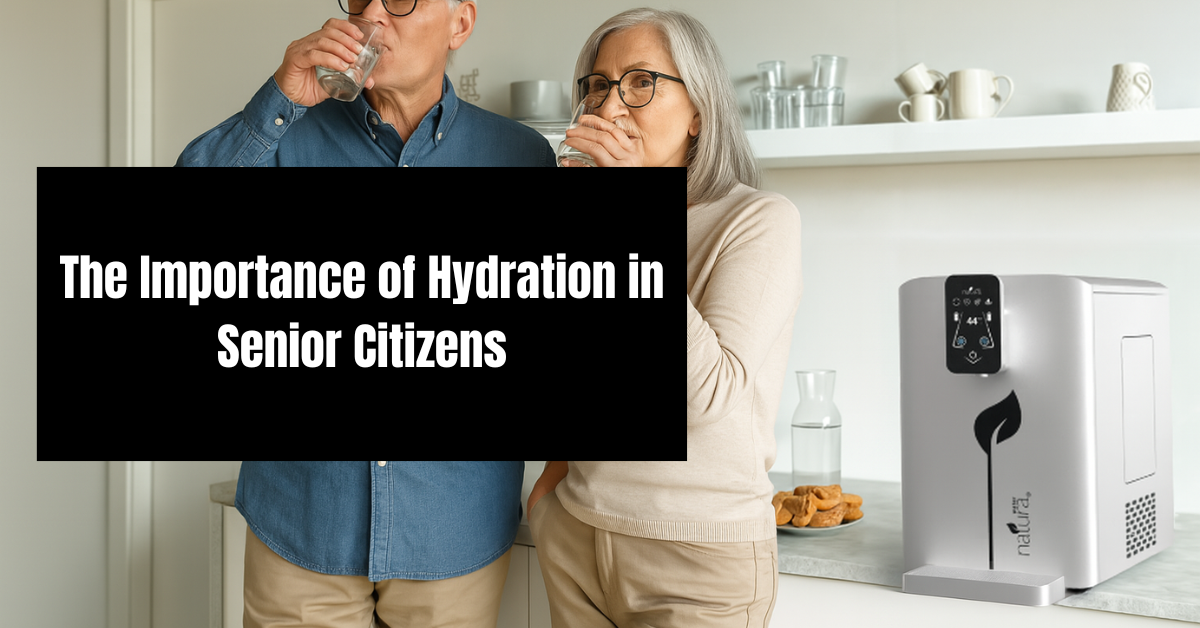What is Carbonated Water?
Carbonated water (also known as club soda or soda water) gets its carbonation artificially from the process of adding carbon dioxide gases to produce carbonic acid. In addition to its bubbles, you will also find salts in carbonated water which can come in the form of sodium bicarbonate, sodium citrate, potassium salts, plain table salt or a mixture of these elements. Salt that is added to soda water is meant to give it a better, lighter taste, all while neutralizing acidity.
What is Sparkling Water?
The “sparkle” in sparkling water can either occur naturally, or it can be made artificially using a sparkling water system. The sparkling water you buy at the store generally has no additives -- unless you buy flavored sparkling water. In this case, it may be flavored with fruit “essence” and oils. The two most common types of pure sparkling water are:
- Sparkling mineral water. This comes directly from the source of mineral springs, and its effervescence is a result of naturally-occurring gases. Some sparkling mineral water companies also add carbon dioxide artificially to produce even more bubbles. Sparkling mineral water typically has a slight, mineral-y taste.
- Seltzer water (sparkling water). This bubbly water is pure and simple. It’s basically made from still water and carbon dioxide -- nothing else. Filtered sparkling water systems and dispensers found in offices, restaurants, hotels, and resorts typically use this method to ensure the water they are offering to patrons, staff, and guests is clean and fresh.
Filtered Sparkling Water Systems Offer Better-Tasting, Healthier Water
Filtered sparkling water systems are a great, natural way to offer your patrons better-tasting and healthier drinking water. Commercial water filters are designed to work with treated water that comes out of your business’s taps. These water filters drastically reduce contaminants found in tap water such as heavy metals, pesticides, and other chemical impurities all while retaining good-for-you minerals. After just one taste, your customers will never ask for “soda water” again!
Need more information? Click here to download our case study or
click here to schedule a meeting!
1. What is sparkling water, and how is it produced?
Sparkling water can either occur naturally or be made artificially using a sparkling water system. Natural sparkling water comes from mineral springs and gets its effervescence from naturally occurring gases. Artificially produced sparkling water, commonly found in stores, is made by adding carbon dioxide to still water.
2. Are there any additives in store-bought sparkling water?
Pure sparkling water typically contains no additives, unless it's flavored sparkling water. Flavored varieties may contain fruit essence and oils for flavoring.
3. What are the two most common types of pure sparkling water?
The two most common types of pure sparkling water are sparkling mineral water and seltzer water. Sparkling mineral water comes directly from mineral springs, while seltzer water is made by adding carbon dioxide to still water.
4. What's the difference between sparkling mineral water and seltzer water?
Sparkling mineral water has its effervescence from naturally occurring gases and typically has a slight mineral taste. Seltzer water, on the other hand, is pure and simple, made only from still water and carbon dioxide.
5. How do filtered sparkling water systems work?
Filtered sparkling water systems are designed to offer better-tasting and healthier drinking water. They use commercial water filters that work with treated water from taps, reducing contaminants like heavy metals and pesticides while retaining beneficial minerals.
6. What are the benefits of using filtered sparkling water systems?
Filtered sparkling water systems provide clean and fresh water, free from contaminants found in tap water. They offer better-tasting water without the need for additives, making them a natural and healthier option for patrons.
Recent Posts
